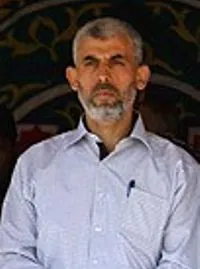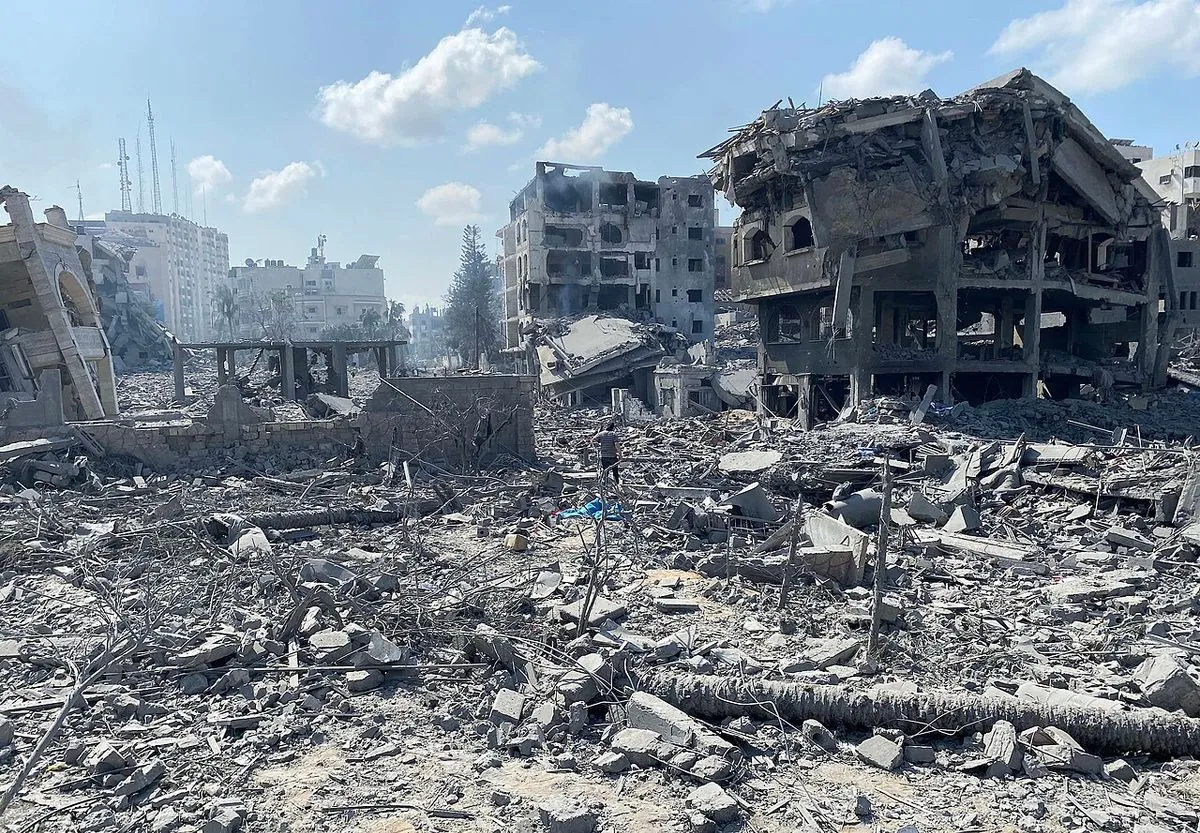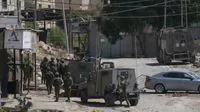Killing leaders: The long-term effects on resistance movements
Egyptʼs 1948 ban on Muslim Brotherhood led to more violence. Decades later governments still struggle with militant groups. Assassinations of leaders often fail to end resistance‚ as seen in Israelʼs and USʼs experiences

Back in 48 Egyptʼs PM made a big move banning the Muslim Brotherhood (thinking it would bring peace) But it didnt work out that way: the group kept fighting‚ and even killed the PM. Now‚ about 76 years later Egyptʼs still trying to stop them.
Its hard to get rid of groups that dont want to give up. When you kill their leaders‚ the others just try harder. Take Yahya Sinwar from Hamas – he was behind that terrible attack on Israel about a year ago. Killing him was fair‚ but it wont stop Hamas.
Israelʼs done this before. They killed lots of Palestinian leaders over the years: Abu Jihad‚ Ahmed Yassin‚ and others. But new ones always came up to replace them. Same with the US – they got Osama bin Laden and other big terrorists‚ but their groups are still around.

You cannot kill an idea
Killing these bad guys might feel good for a bit but it doesnt fix things in the long run. After Sinwar was killed‚ an Israeli friend told me: “Now we need the hostages back and then some kind of peace. I want my son home“
Thatʼs what really matters – getting people home safe and finding a way to stop the fighting. Just killing leaders doesnt do that. It might look like a big win today‚ but soon enough someone else will step up to keep the fight going


































